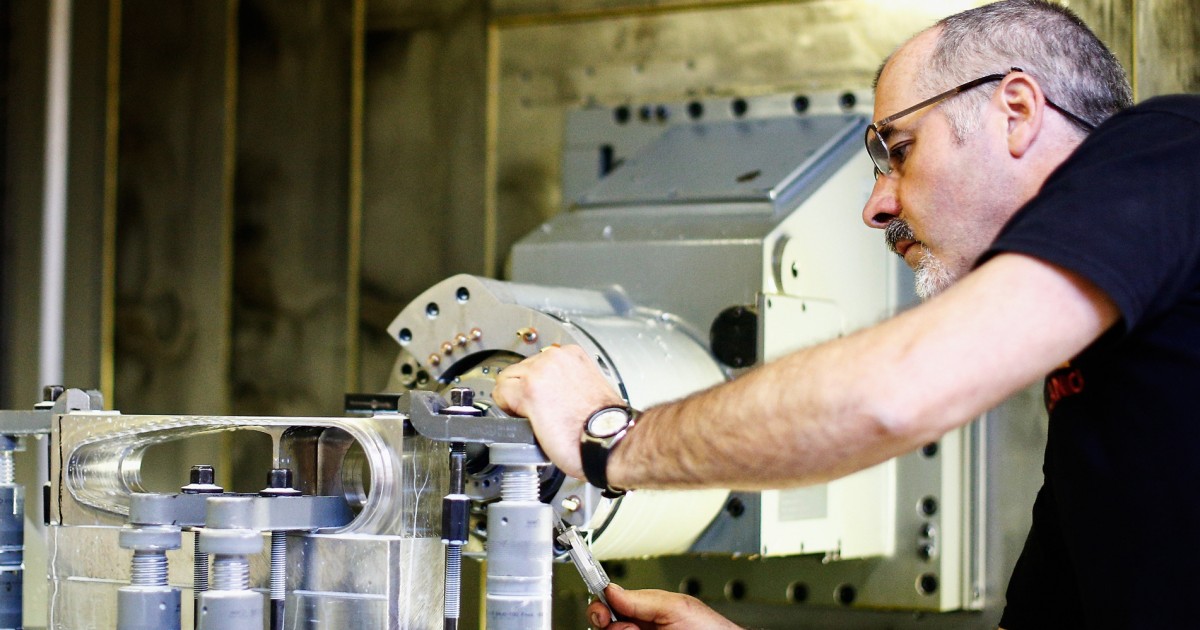
Scientific Knowledge
Scientific knowledge in the context of space and astronautical engineering refers to the understanding and application of scientific principles and theories to design, develop, and operate spacecraft and related technologies. This includes knowledge of physics, chemistry, materials science, and other relevant fields, as well as the ability to conduct experiments and analyze data to improve our understanding of the universe. Scientific knowledge is essential for solving complex problems in space exploration, such as developing new propulsion systems, designing habitats for long-duration missions, and studying the effects of microgravity on human health. It is also critical for advancing our understanding of the universe and discovering new phenomena, such as dark matter and exoplanets.
Your Previous Searches
Random Picks
- Corrosion: Corrosion is the gradual destruction of materials (usually metals) by chemical and/or electrochemical reaction with their environment. In the context of space and astronautical engineering, corrosion can occur due to exposure to harsh space ... Read More >>
- Carbon Capture Technologies: Carbon Capture Technologies refer to the methods and technologies used to capture carbon dioxide (CO2) emissions from various sources such as power plants, industrial processes, and transportation, and store them in a way that prevents thei ... Read More >>
- Statistical Method: Statistical Method refers to the use of statistical techniques and tools to analyze and interpret data in the field of space and astronautical engineering. It involves the collection, analysis, interpretation, presentation, and organization ... Read More >>
Top News

Scientists release plans for an even bigger atom smasher to address the mysterie...
GENEVA — Top minds at the world’s largest atom smasher have released a blueprint for a much bigger successor that could vastly improve research into the remaining enigmas of physics....
News Source: NBC News on 2025-04-01

Scientists release plans for even bigger atom smasher along the French-Swiss bor...
Scientists at the world’s largest atom smasher have released a blueprint for a much bigger successor that could help solve enigmas of physics, starting in the mid-2040s at a cost of about $16 billio...
News Source: ABC News on 2025-04-01

The 'Blaze Star' hasn't exploded yet, but it could soon...
T Coronae Borealis has an outburst every 79 to 80 years, according to NASA....
News Source: ABC News on 2025-03-28
I visited the sprawling 'metroburb' where 'Severance' is filmed. It's a 2 millio...
Bell Works, the real office complex that doubles as Lumon on "Severance," is redefining what an office can be....
News Source: Business Insider on 2025-03-28

We've spotted auroras on Neptune for the first time...
After 34 years of searching, astronomers have finally confirmed Neptune has auroras, thanks to data from the James Webb Space Telescope...
News Source: New Scientist on 2025-03-27